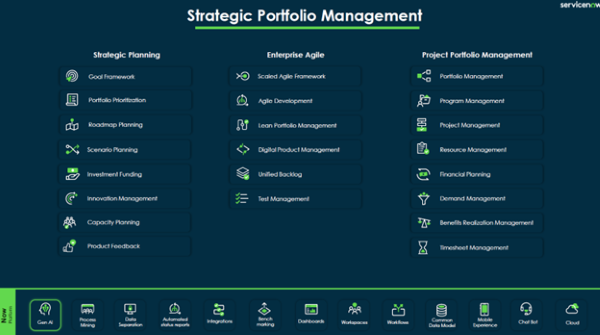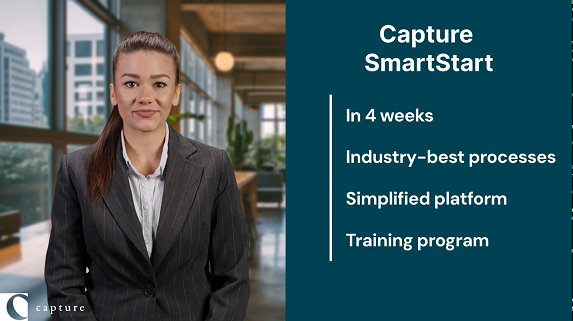Author: Ala Lutz, VP of Membership 
Being a project professional, it is important to remain at the forefront of technological advancements. Artificial Intelligence, particularly tools like PMI Infinity, ChatGPT, Gemini, and others, can make the optimise the practice of project management through the automation of activities, as well as insight and decision-making process improvements.
Below are the top 10 AI prompts that project managers can use to streamline their activities:
- Project Planning Assistance:
- "Generate a project plan outline for a construction project, including key phases and milestones."
- Risk Analysis:
- "Identify potential risks for a software development project and suggest mitigation strategies based on historical data."
- Stakeholder Communication:
- "Draft a monthly project update report for stakeholders that includes current progress, challenges, and next steps."
- Resource allocation:
- "Suggest an optimal resource allocation model for a project with mixed criticality levels."
- Meeting Efficiency:
- "Create a script for conducting efficient project status meetings, that minimises time and maximises engagement."
- Change Management:
- "Provide a step-by-step guide on managing scope changes in a project following PMI standards."
- Conflict Resolution:
- "Provide advice on resolving conflicts between project team members using best practice negotiation techniques."
- Quality Assurance Checklists:
- "Generate a quality assurance checklist tailored to an IT Infrastructure deployment project."
- Budget Review and Adjustment:
- "Analyse a project budget report and recommend adjustments to address financial overruns."
- Project Closure Report:
- "Compose a project closure report that includes outcomes, lessons learned, and recommendations for future projects."
Don't miss the chance to enhance your project management skills, or the opportunity to network with other project professionals - Secure your place now for the PMI Switzerland Conference.
This event is an excellent opportunity to learn from industry leaders about the latest trends, tools, and strategies in project management. Participants will gain hands-on experience with AI tools and will have an excellent opportunity to take part in the AI Prompt Engineering Contest.
Best regards,
Ala Lutz
VP of Membership







